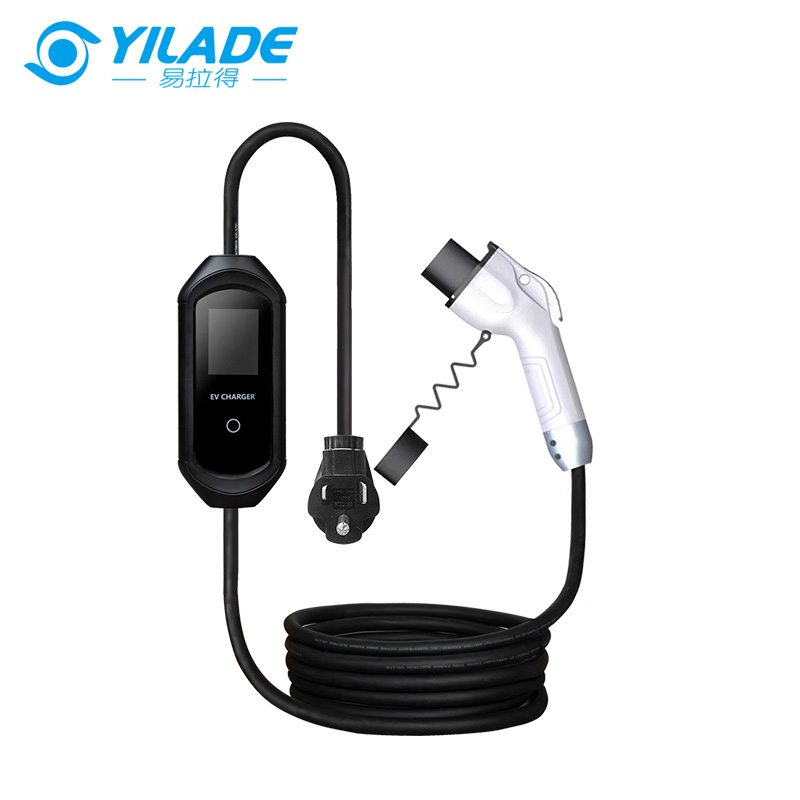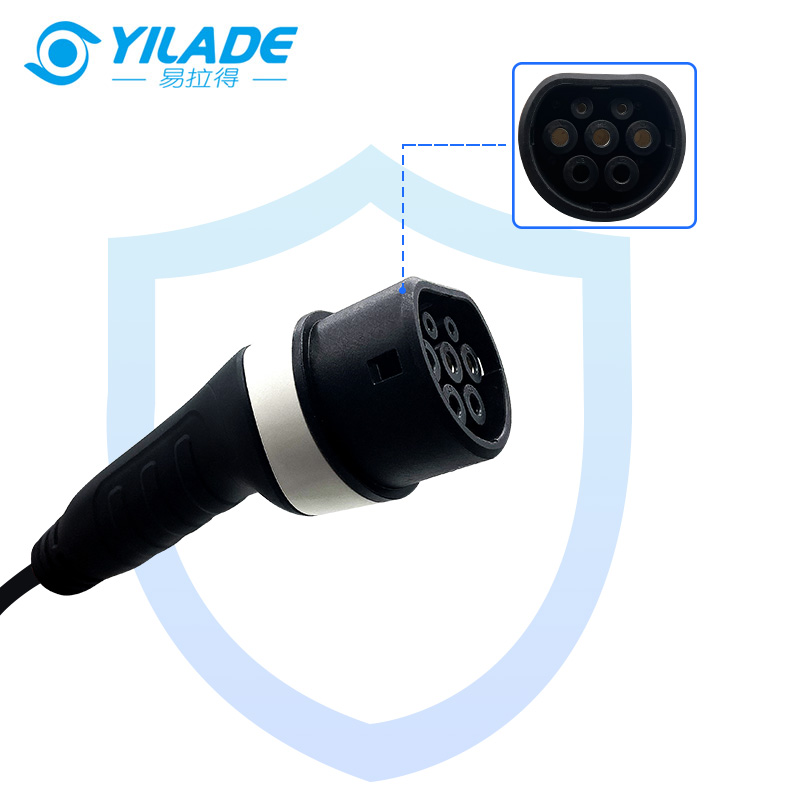

Electric vehicles (EVs) are becoming increasingly popular due to their environmentally friendly nature and cost-efficiency. However, many EV owners may have questions about using extension cords with their charging cables. In this article, we will explore the compatibility and safety considerations associated with using an extension cord for EV charging.
1. Extension Cord Basics
Extension cords are common household items used to extend the reach of electrical devices. They consist of a flexible electrical cable with sockets at one end for plug insertion. While they are convenient for various applications, it is essential to recognize their limitations and potential risks.
2. Voltage Drop and Charging Efficiency
An extension cord can introduce voltage drop, which can negatively impact the charging efficiency of an EV. EV charging requires a consistent and sufficient voltage supply, and any voltage drop along the extension cord can lead to slower charging times or even failure to charge. Consider using a cord with a larger wire gauge to reduce voltage drop and ensure the optimal charging performance.
3. Overheating and Fire Hazards
Using an incompatible or low-quality extension cord can increase the risk of overheating, which can lead to electrical fires. EV charging cables are designed to handle high currents, and using an insufficient extension cord can lead to excessive heat generation and potential fire hazards. Always use a cord with the appropriate ampacity rating and ensure it is in good condition without any frayed wires or loose connections.
4. Length and Quality of Extension Cord
The length of the extension cord also affects charging performance. Longer cords can lead to higher resistance and voltage drop. It is recommended to use the shortest cord possible to minimize electrical resistance. Additionally, choosing a high-quality extension cord that is specifically rated for outdoor and heavy-duty use will further enhance safety and performance.
5. Safety Precautions and Best Practices
When using an extension cord for EV charging, it is crucial to follow these safety precautions:
1.Use a cord with the appropriate ampacity rating for your vehicle's charging requirements.
2.Ensure both the extension cord and EV charging cable are in good condition without any damages.
3.Keep the cords and connectors protected from water, extreme temperatures, and physical damage.
4.Avoid using multiple extension cords or daisy-chaining them together.
5.Regularly inspect the cords for any signs of wear and tear, and replace them if necessary.
In conclusion, while it is possible to use an extension cord with your EV charging cable, it is crucial to consider compatibility, safety, and performance factors. It is always recommended to consult the manufacturer's guidelines and use high-quality, properly rated cords to ensure efficient and safe charging for your electric vehicle.
